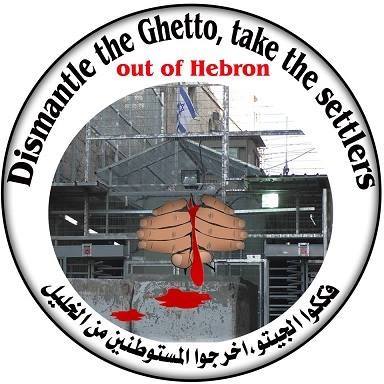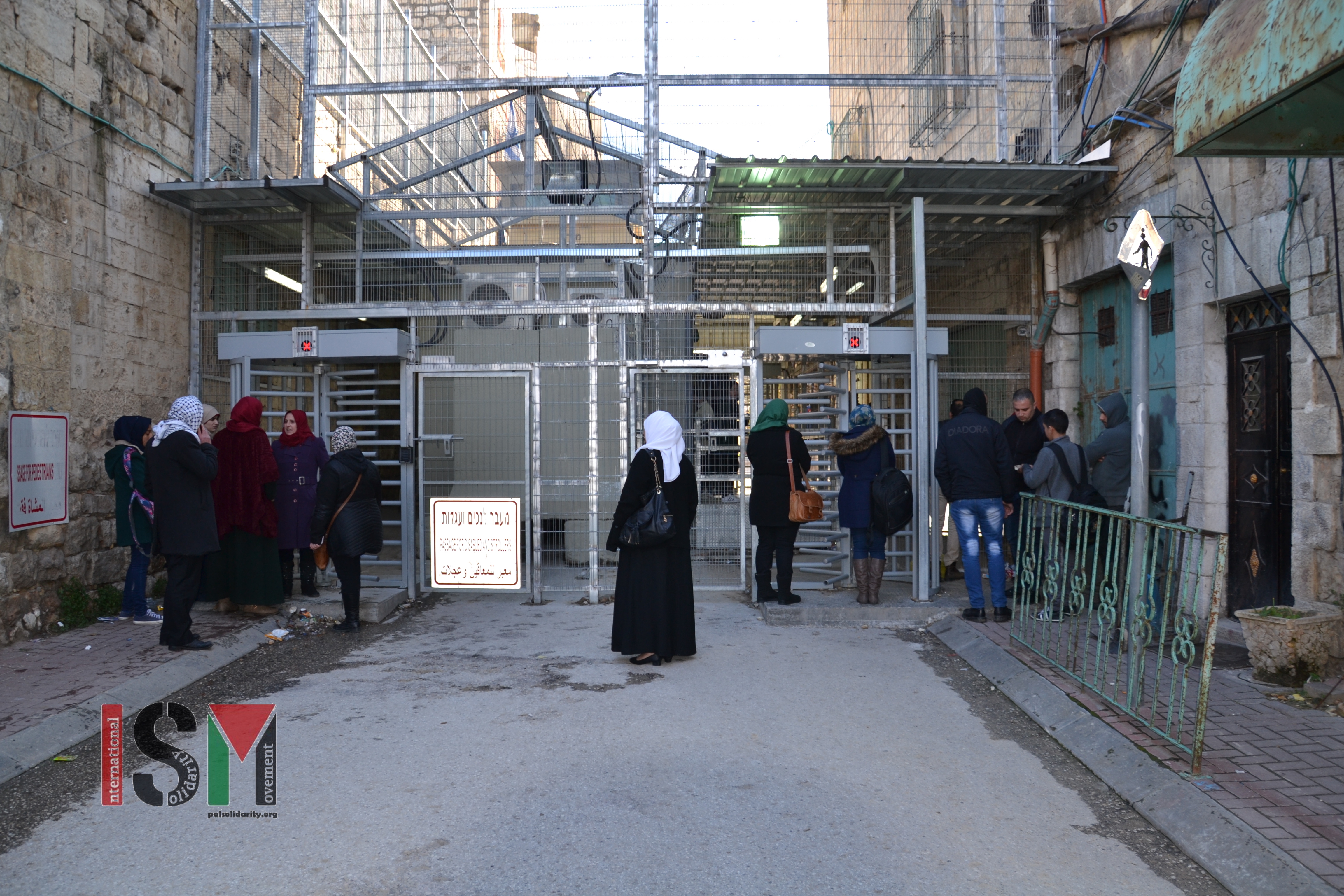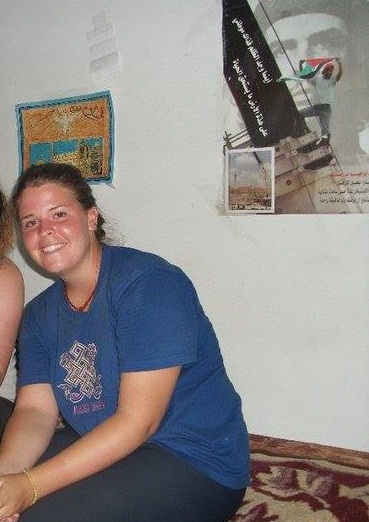Category: Features
-

In commemoration of the Ibrahimi Mosque Massacre: #DismantleTheGhetto take the settlers out of of Hebron
14th February 2017 | The National Campaign to Lift the Closure of Hebron “Dismantle the Ghetto” | Hebron, occupied Palestine February 25th marks the 23rd commemoration of the Ibrahim Mosque Massacre in Hebron. This year’s commemoration coincides with Israel’s unprecedented escalation in seizing Palestinian land in the West Bank for settlement expansion. This has been…
-

Total impunity to mess with lives
14th February 2017 | International Solidarity Movement, al-Khalil team | Hebron, occupied Palestine Israeli forces, again, or rather still, are using their impunity as occupiers to humiliate, harass and intimidate Palestinians and internationals crossing Shuhada checkpoint in occupied al-Khalil (Hebron). The Israeli forces at this checkpoint sit behind bullet proof glass in a closed checkpoint-box, that nobody…
-

ISM Honors Kayla Mueller
10th Febreury 2017 | International Solidarity Movement, occupied Palestine Two years ago, on February 10, 2015, it was confirmed by her family, that former ISMer Kayla Mueller had been killed in Syria, while being held captive by Da’esh (ISIS). Today therefore, ISM honors her memory. Kayla Mueller, originally from Prescott, Arizona, volunteered with the International…
